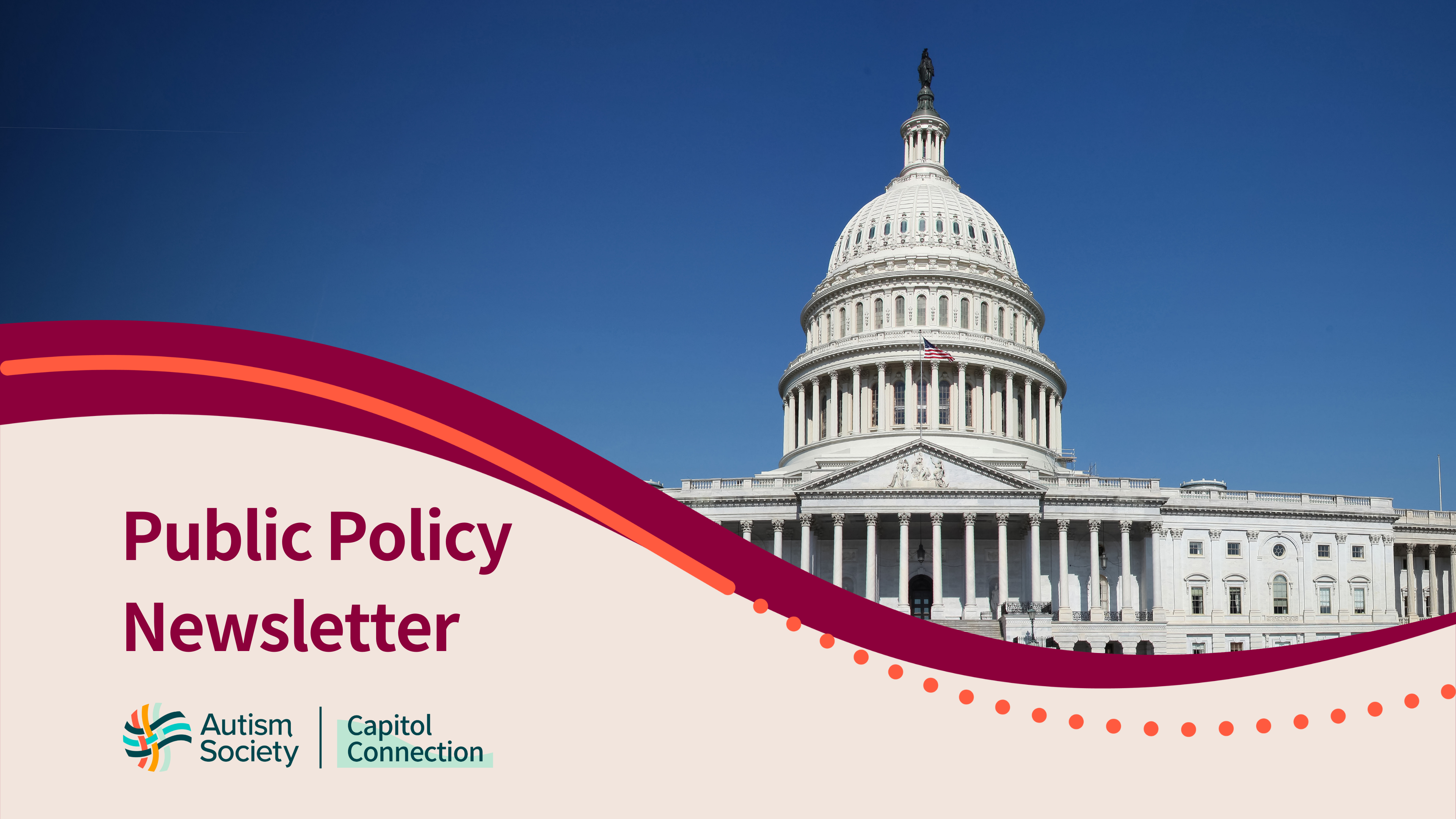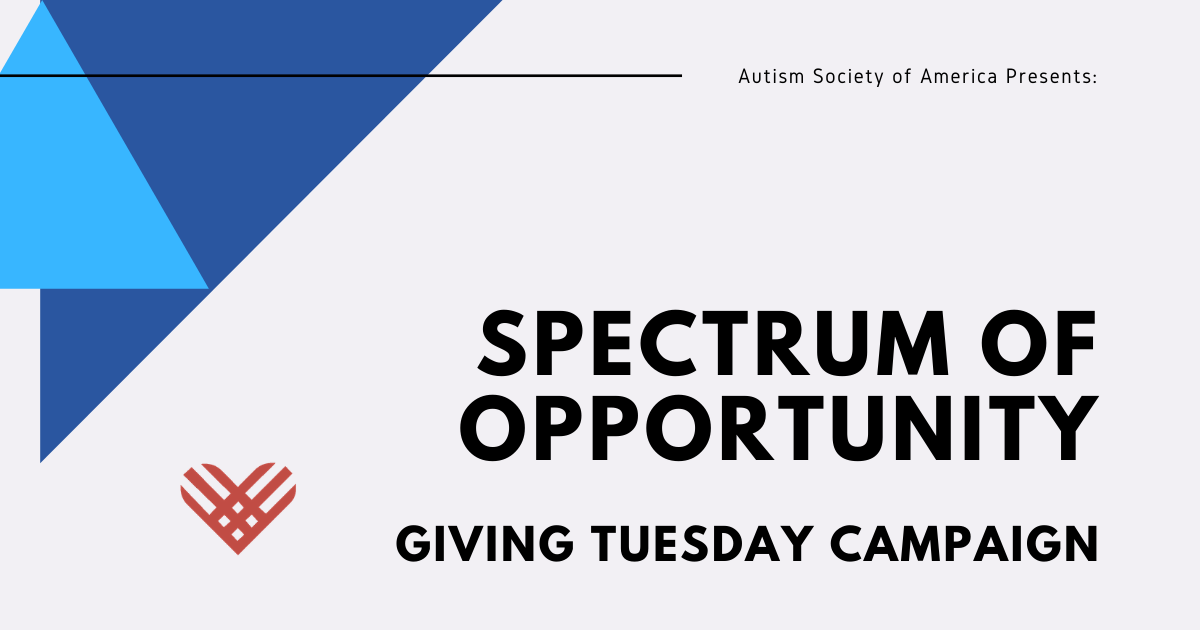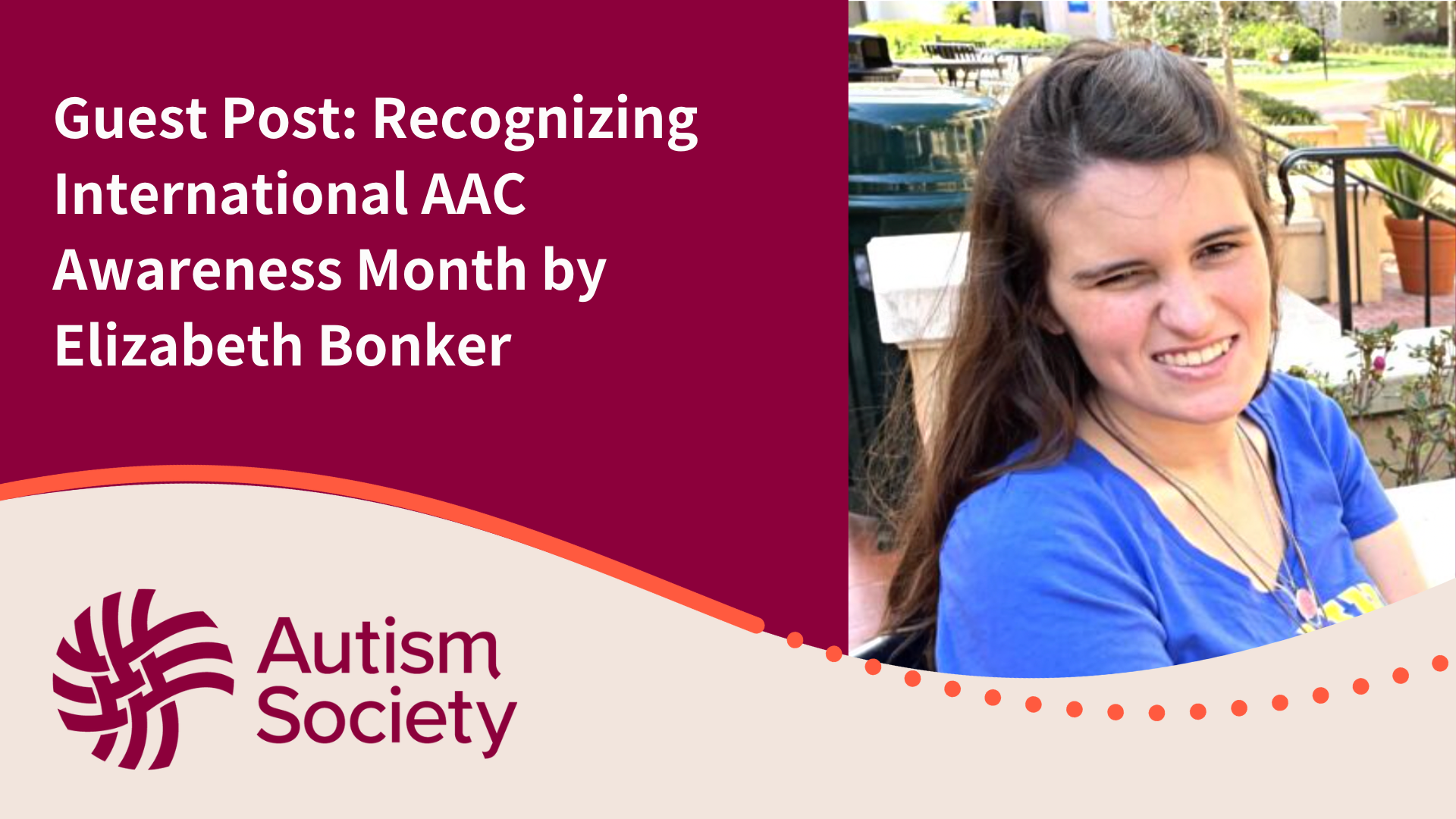
In this issue of Capitol Connection, find a statement on the Uvalde school shooting, an update on funding for services and direct support, and a new bill to support behavioral health care. See also the annual update from the Social Security Board of Trustees. Please continue to use the Autism Society’s online Action Center for voting information, links to legislation we monitor, and sample letters to use to educate Members of Congress.
Uvalde School Shooting
In response to the recent Uvalde, TX school shooting, the Autism Society signed two separate coalition letters stating concerns about false and harmful attempts to link mental health disabilities and gun violence. Attempts to connect mental illness to mass shootings are a distraction and perpetuate a false narrative that encourages stigmatization of and discrimination against the millions of Americans living with mental health conditions who are more likely to be victims of violence than perpetrators of it. It is estimated that seventy percent of people with Autism have co-occurring mental health disabilities. Over 60 national organizations signed on to one statement led by the National Alliance on Mental Illness (NAMI). Another letter to Congress led by the Coalition for Smart Safety makes similar points but also adds the fact that other countries around the world with similar rates of mental health disabilities do not experience the same rate of gun violence as the United States. “Hate and racism are not mental health disabilities, nor should they should they be treated as such.”
On Sunday a bipartisan group of 20 senators reached an agreement on a framework to prevent gun violence. The Senate is likely to consider legislation in the next few weeks. The House has already passed gun control legislation. The Autism Society will be reviewing the proposal and any amendments to ensure that there are no provisions that unnecessarily target people with Autism or other disabilities. The Senate Judiciary Committee held a hearing yesterday on how to protect children from gun violence.
Medicaid Home and Community-Based Services
Congress is back in session. There’s a lot to get done and very few legislative days left in this election year. The good news is that we have learned that conversations have been underway between Joe Manchin III( D-WV), and Senate Majority Leader Charles Schumer (D-NY) to negotiate a budget reconciliation bill, which requires only a simple majority to pass in the Senate. The Senate legislative package is expected to be smaller than the recovery package passed by the House last year and focused on reducing prescription drug prices (including for people with Medicare), tax increases for high-income individuals and corporations, and energy and climate change. Senator Casey (D-PA) is continuing to advocate for a strong investment in Medicaid home- and community-based services (HCBS) (see Casey’s May 24 letter). Senator Casey’s Better Care Better Jobs Act was part of the previous reconciliation package. It would help to alleviate the crisis in community-based care by providing better wages and benefits for direct support professionals and providing fiscal relief to individuals and family caregivers. As outlined in this Community Living Policy Brief, increasing support to families can reduce stress, stimulate the economy, and strengthen the financial stability of family caregivers. The House already passed a reconciliation bill with $150 billion to expand home and community-based services. Please continue to contact your Members of Congress, especially Senators, to urge them to support the expansion of HCBS in any economic recovery package going through Congress.
American Rescue Plan
In related news, the Centers for Medicare and Medicaid Services (CMS) sent a letter to state Medicaid directors on June 3 expanding the deadline to fully expend funds distributed under the American Rescue Plan Act of 2021 (ARP) by one year. The ARP provided a 10 percent increase ($12 billion) in Medicaid federal matching grants to help reduce waiting lists for home and community-based services and to hire and retain direct support professionals. The new deadline is March 31, 2025. See an overview of how states are using these funds and get involved in helping your state make these decisions.
Behavioral Health Bill
Last month, U.S. Senator Tina Smith (D-MN) and Sen. Jerry Moran (R-KS) introduced bipartisan legislation entitled Improving Access to Behavioral Health Integration Act (S. 4306). This bill authorizes a federal grant program for primary care practices to implement evidence-based behavioral health integration programs. By integrating primary care and behavioral health care, the bill will reduce barriers to access for those in need of mental health care. The Autism Society will continue to monitor this legislation. See Senator Smith’s press release for a summary of the bill.
Ban on Electric Shock Treatment
The Senate HELP Committee held a markup on Tuesday on several bills, including the Food and Drug Administration Safety and Landmark Advancements (FDASLA) Act (S. 4348). Last week, the House voted 392-28 to pass their version of the legislation, which included Sec. 811, banning the use of these devices. Senator Chris Murphy (D-CT) offered an amendment to add the ban to the Senate’s version as well, which passed, along with the entire bill. The Autism Society applauded the inclusion of the ban in a May 11 national press statement.
Social Security Report
The Social Security Board of Trustees released its annual report to Congress on the financial status of Old-Age and Survivors Insurance and Disability Insurance (OASI and DI). In 2021, 65 million people received benefits from OASIDI, 50 million of them being retired workers and dependents of retired workers, 6 million survivors of deceased workers, and 9 million disabled workers and dependents of disabled workers. The report shared that asset funds have declined by $56 billion through 2021 and that the total reserves will be depleted by 2035 if Congress does not act. However, upon depletion, 80 percent of scheduled benefits could still be paid out through tax income. It is crucial that Congress strengthens Social Security. The Center on Budget and Policy Priorities recommends Congress restore solvency by increasing Social Security’s tax revenue and other taxations.
President’s Committee for People with Intellectual Disabilities
The first public meeting of the newly constituted President’s Committee for People with Intellectual Disabilities is on July 28 from 12-4 p.m. Stakeholder input is encouraged. If there are comments or feedback you would like to share with the PCPID as it begins to prioritize its work, please share them through this form on ACL.gov. Comments received by June 30 will be shared with the PCPID at the July meeting. See more about the PCPID on the ACL website.
Share:





